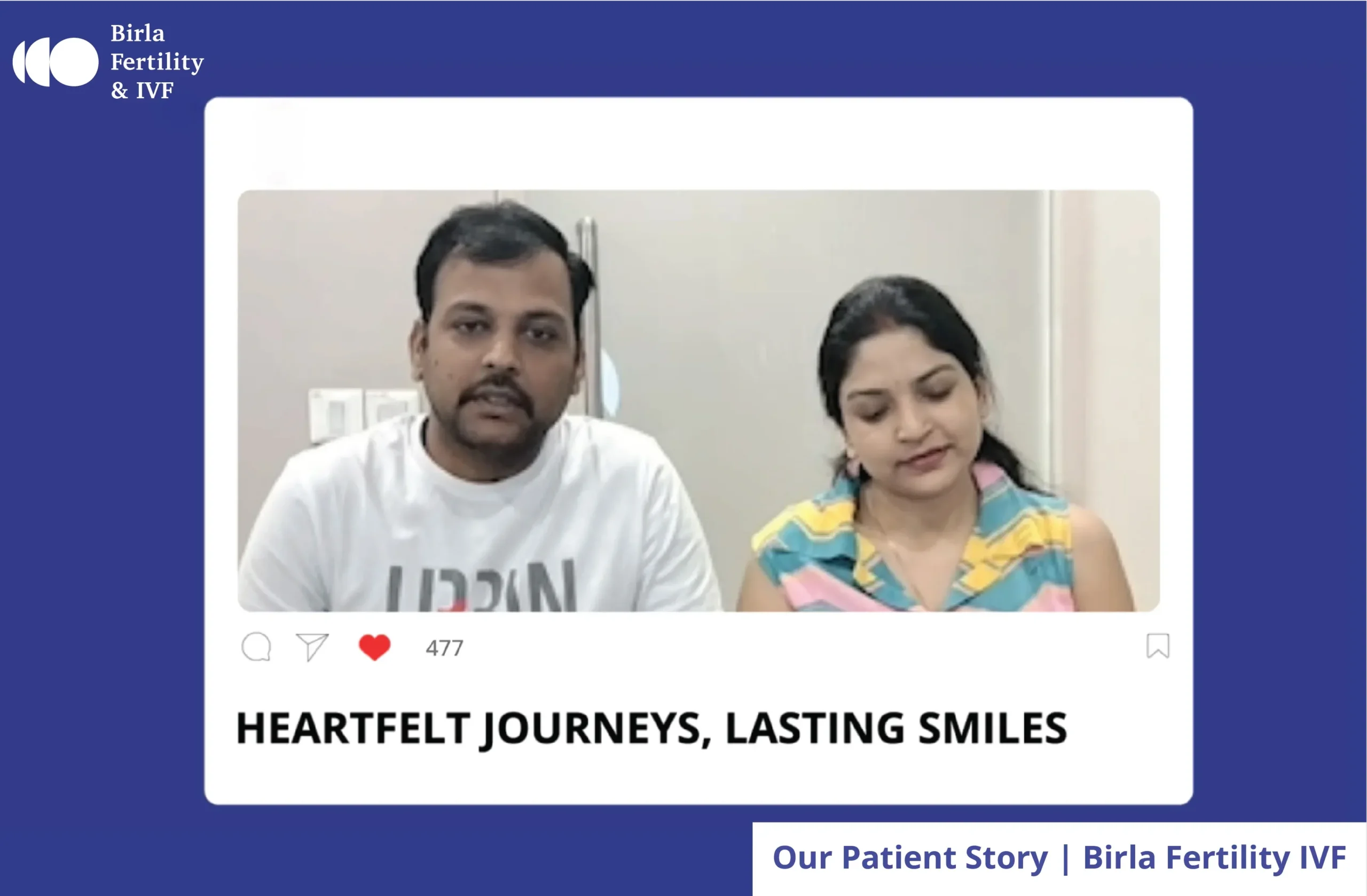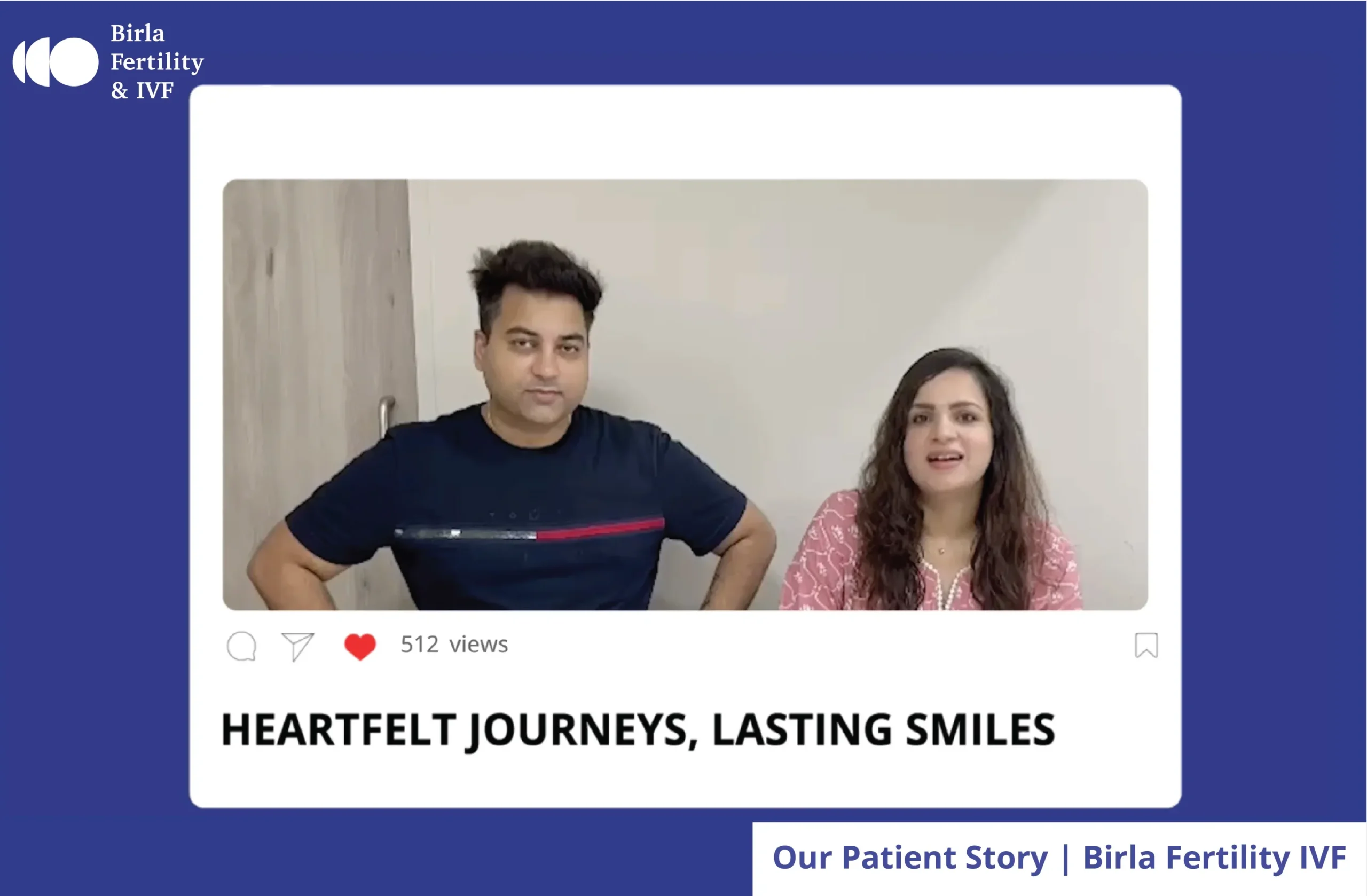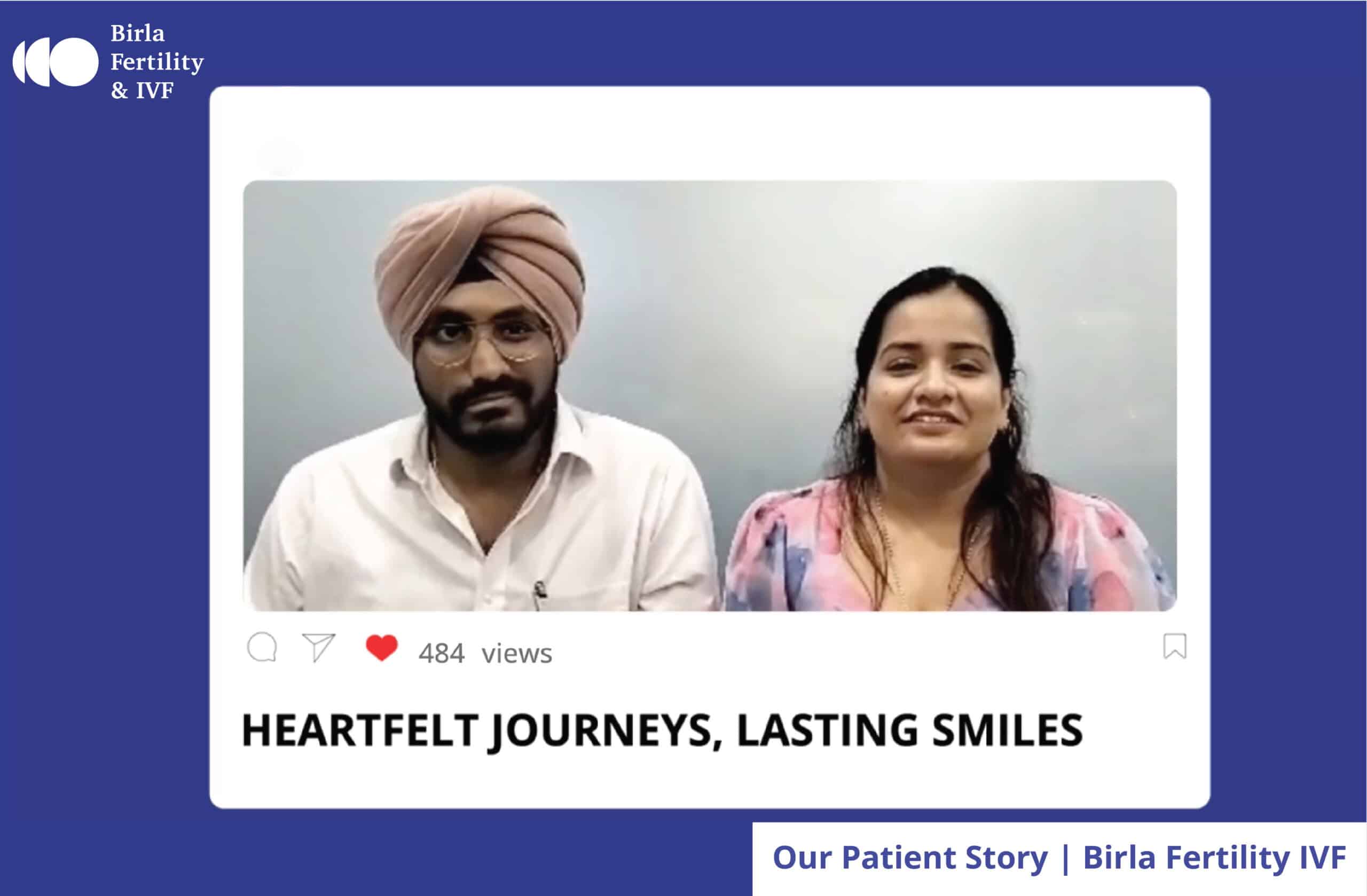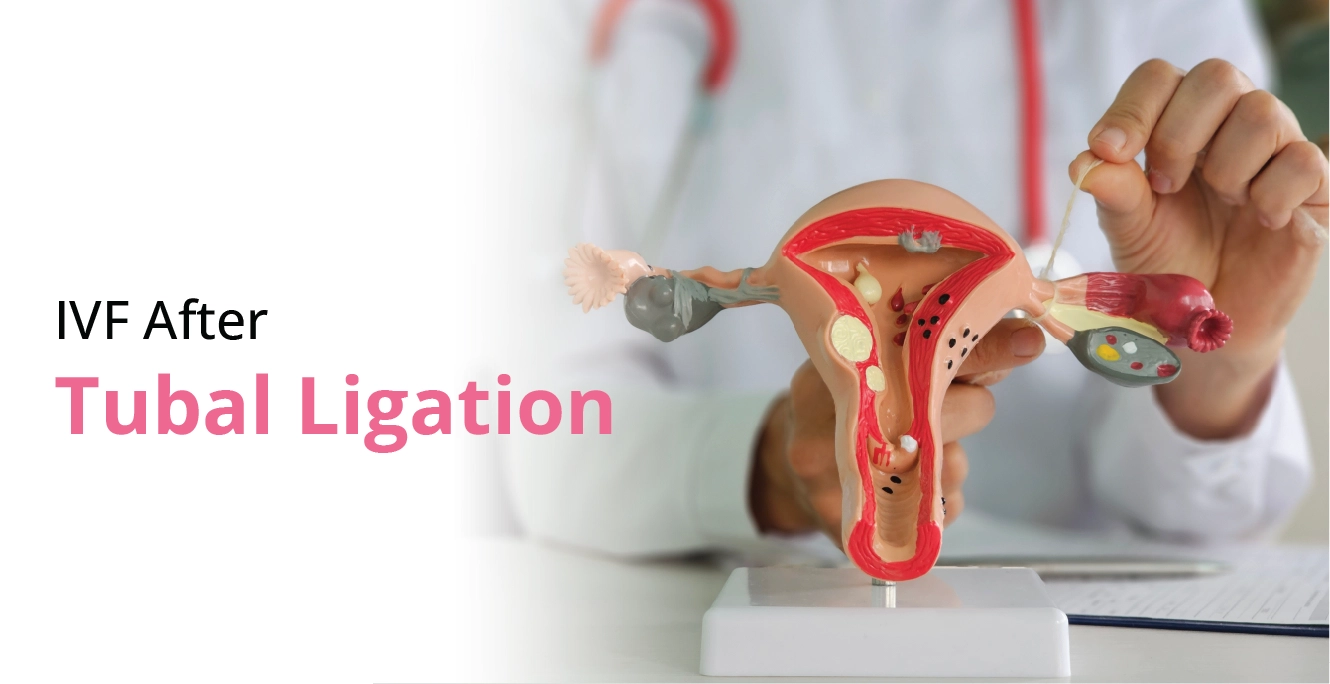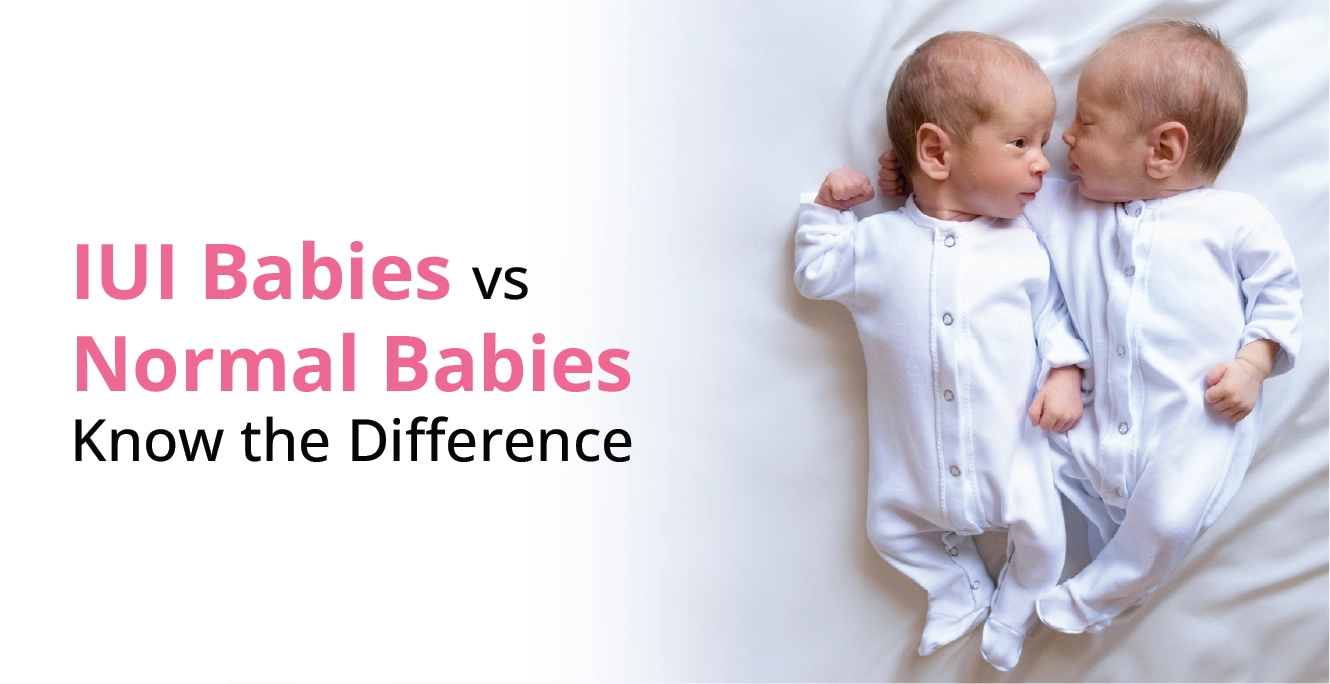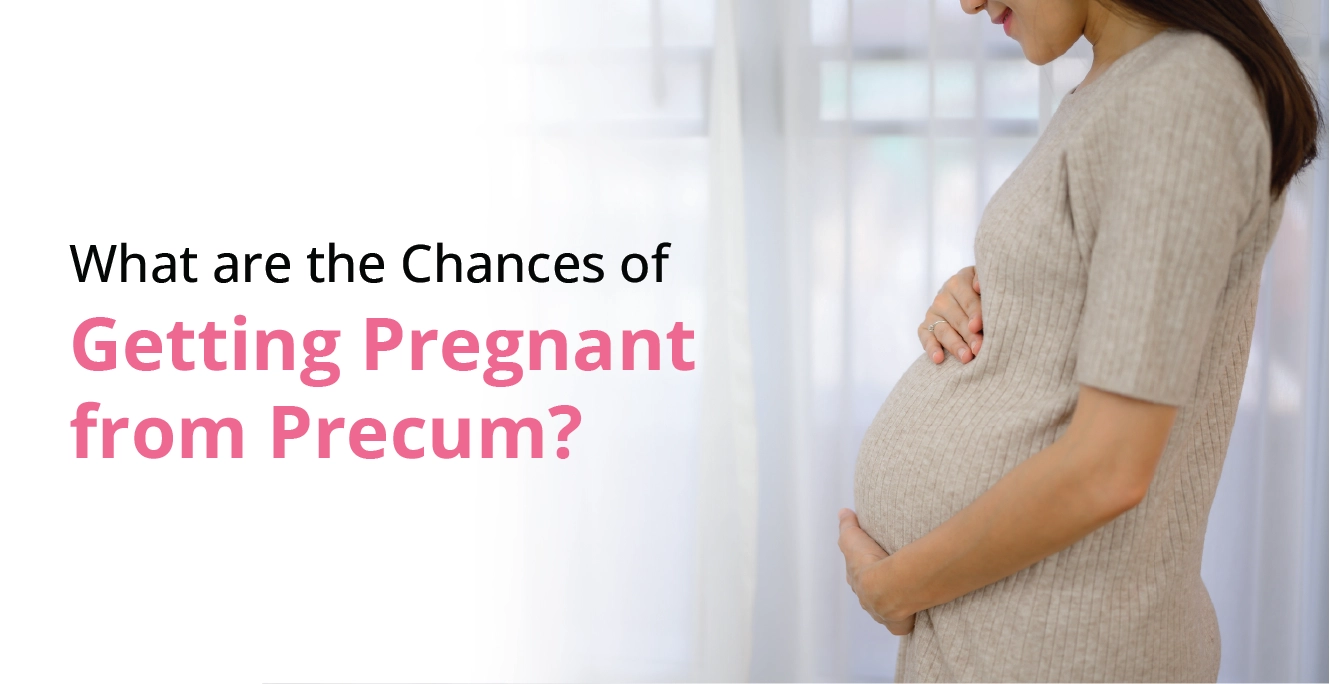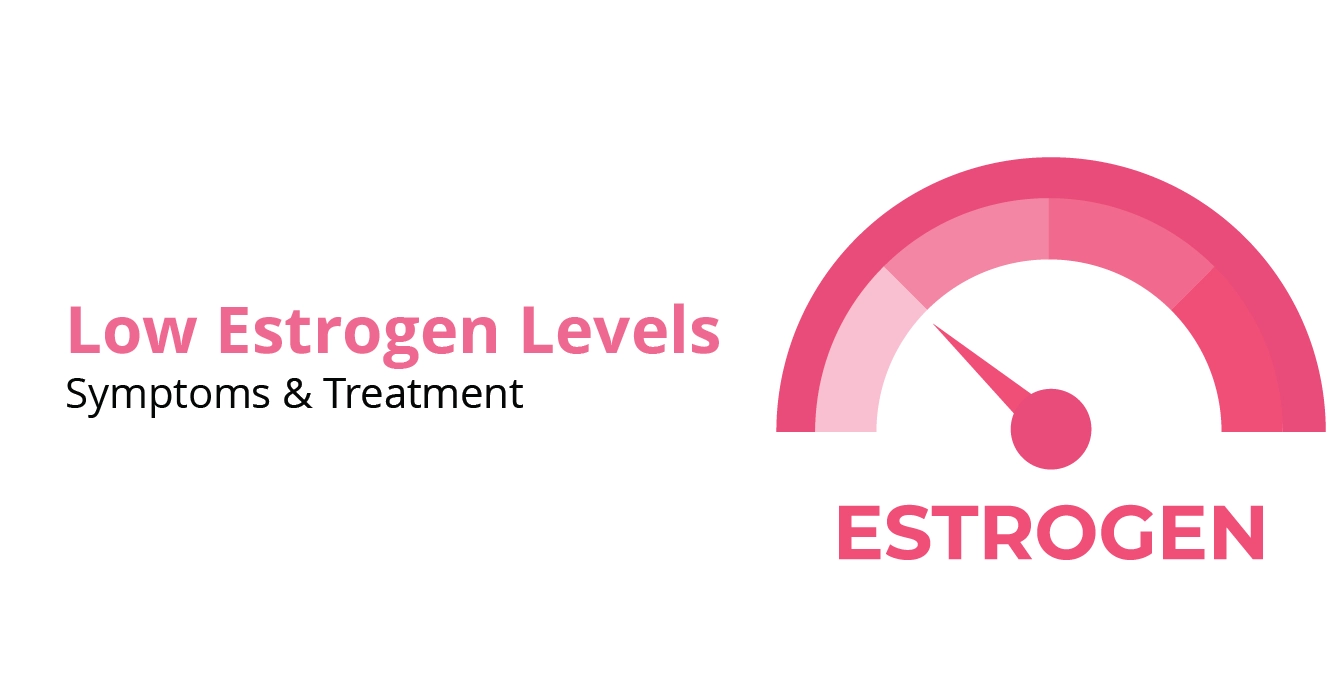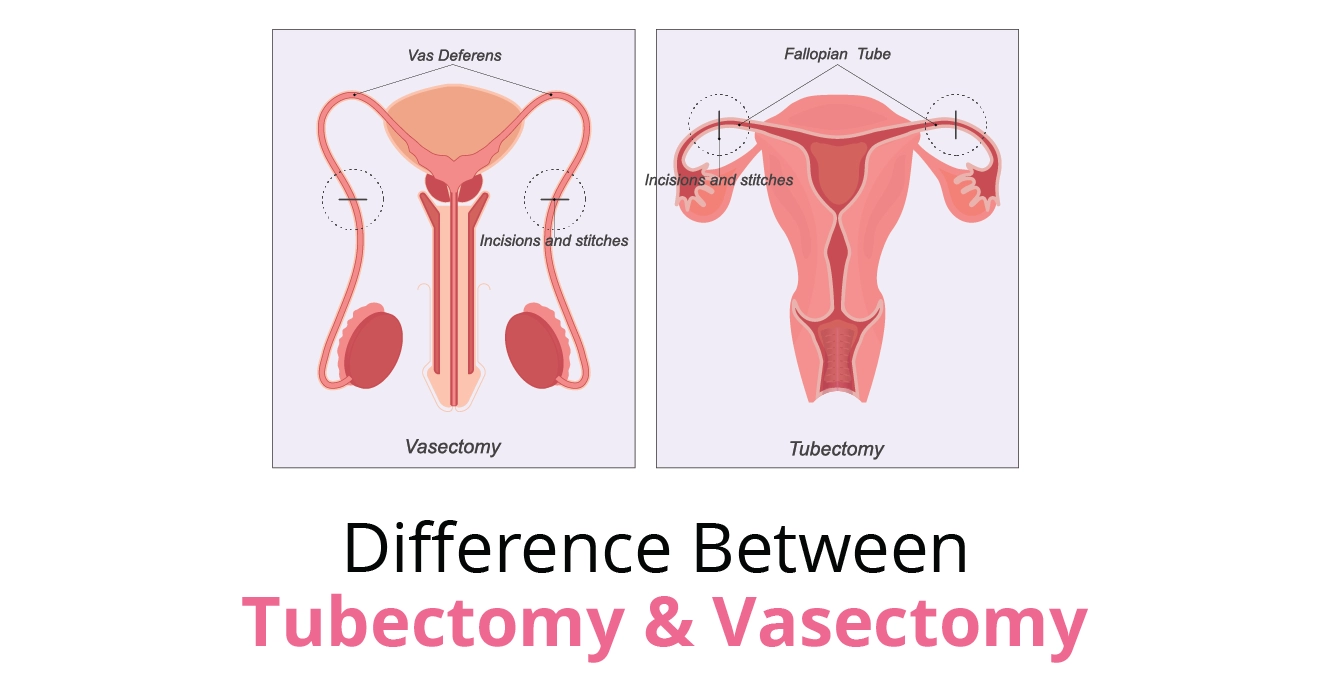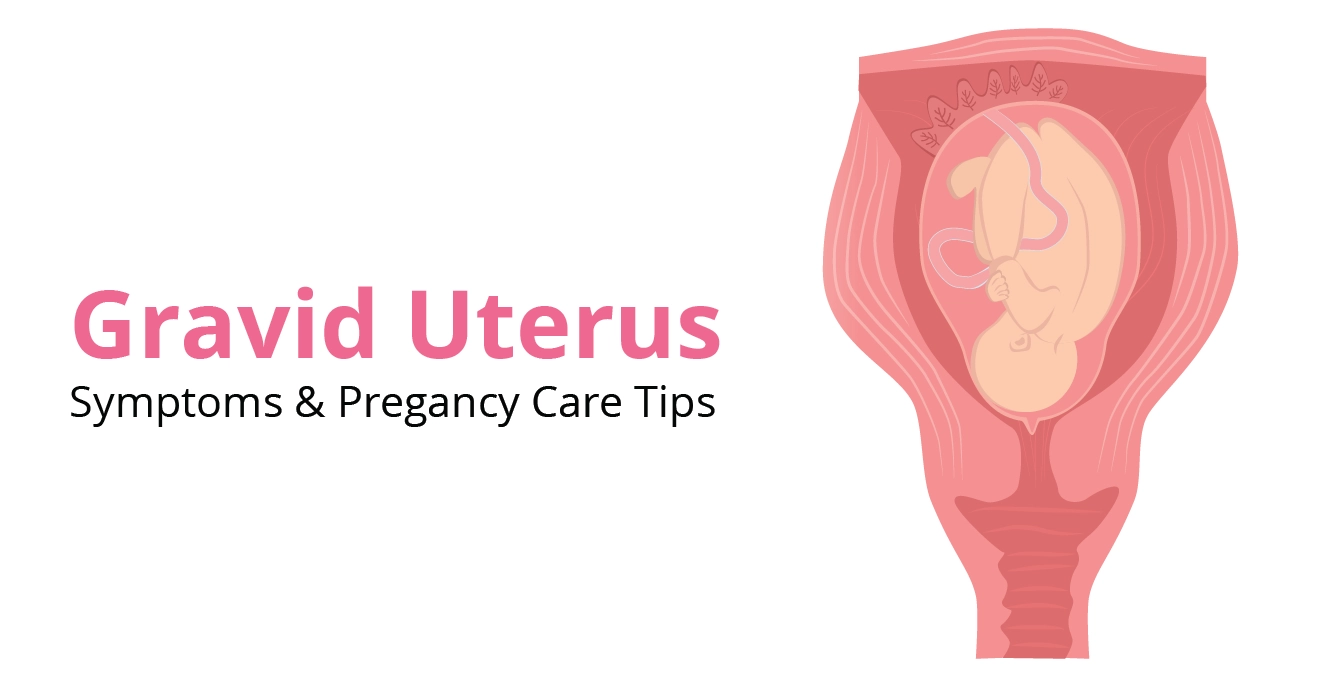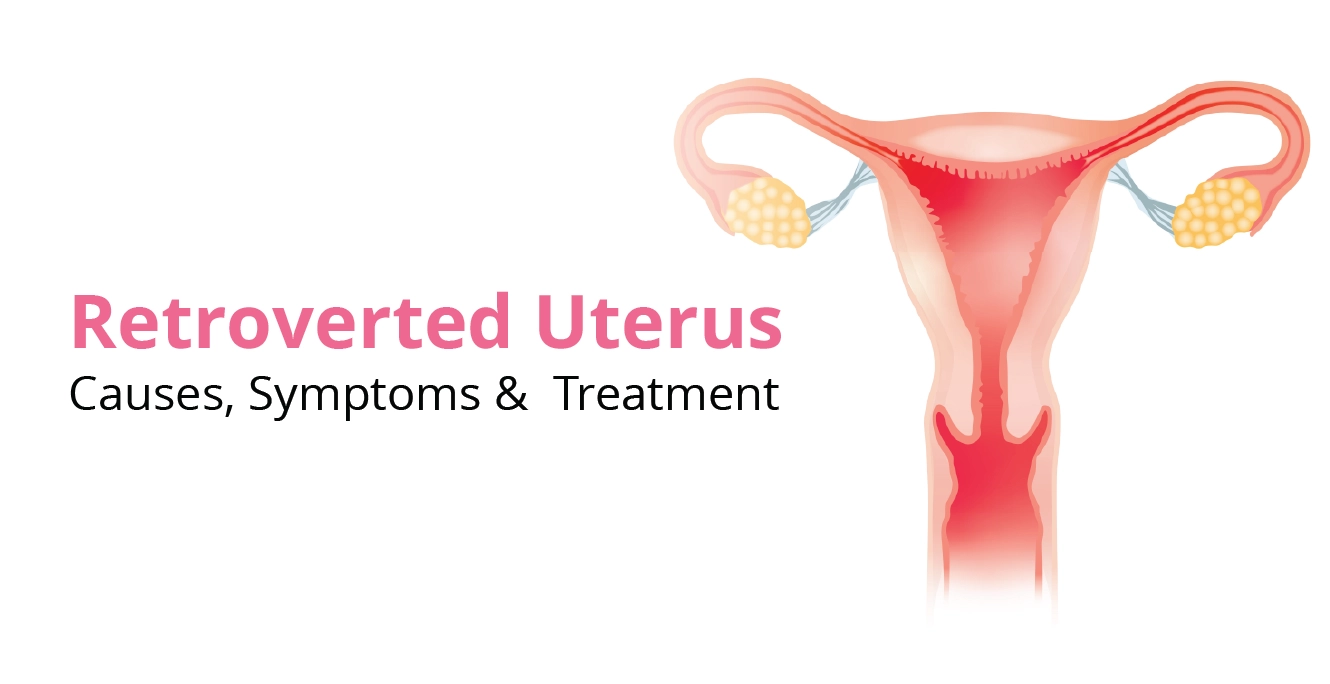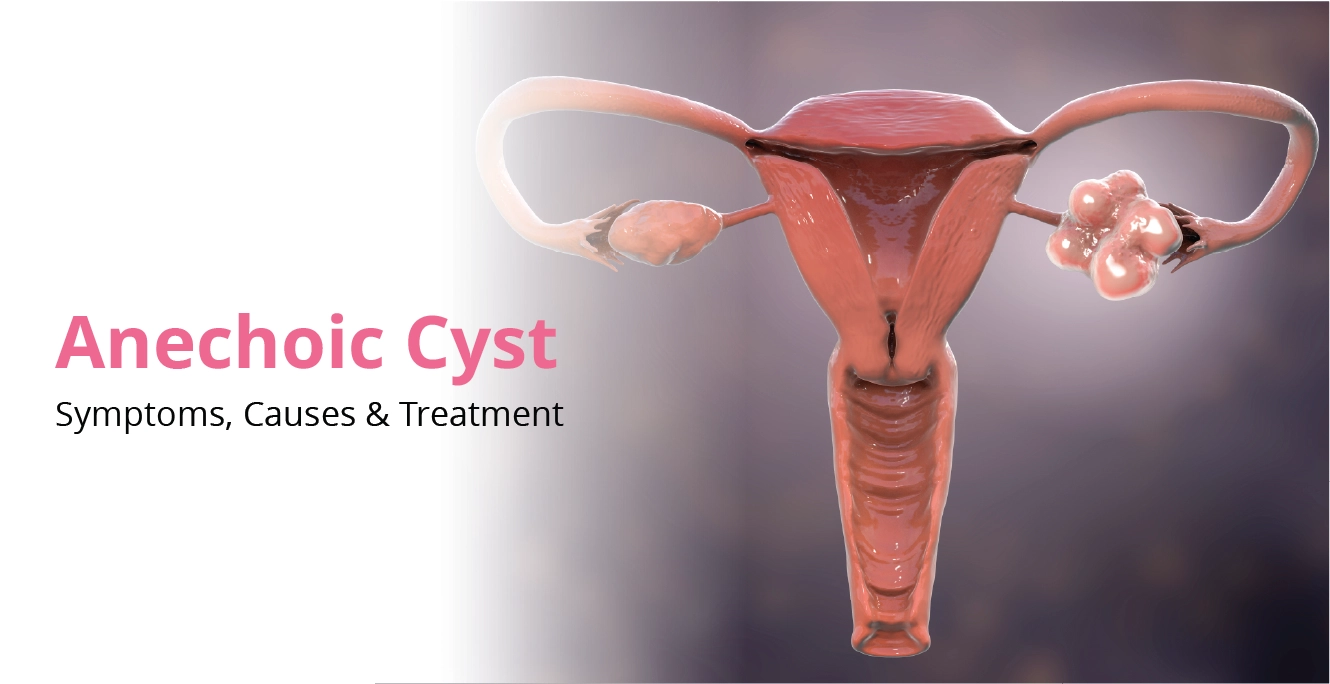Egg Freezing
At Birla Fertility & IVF, we believe in a flexible future where every woman has the freedom to plan her fertility journey at her own pace. Egg freezing offers women the opportunity to preserve fertility and make informed decisions about family planning when the time is right

What is Egg Freezing?

Egg freezing, or oocyte cryopreservation, is a fertility preservation process where a woman’s eggs are retrieved, frozen, and stored for future use. When the time feels right, these frozen eggs can be thawed and used to conceive through in vitro fertilization (IVF).
This process empowers women to preserve their fertility, giving them the flexibility to delay motherhood until they’re ready—whether it’s for personal, health, or career-related reasons.
Egg Freezing and Age
A woman is born with 1-2 million eggs—that’s her entire ovarian reserve for life. By the time she reaches puberty, this number drops to around 300,000-400,000. So, what happens to all those eggs? It’s part of the natural aging process.
Even with 300,000-400,000 eggs, only about 300-500 will ever mature enough to ovulate. During each menstrual cycle, several follicles (tiny sacs containing eggs) prepare for ovulation, but only one dominant follicle releases an egg. The rest are lost along the way.
This natural decline speeds up with age. Around 1,000 immature eggs are lost each month, and by the time a woman reaches 30, only about 10% of her original reserve remains. By 40, this drops further to just 3-5%. Eventually, menopause occurs when the ovaries have almost no eggs left, and natural ovulation ends.
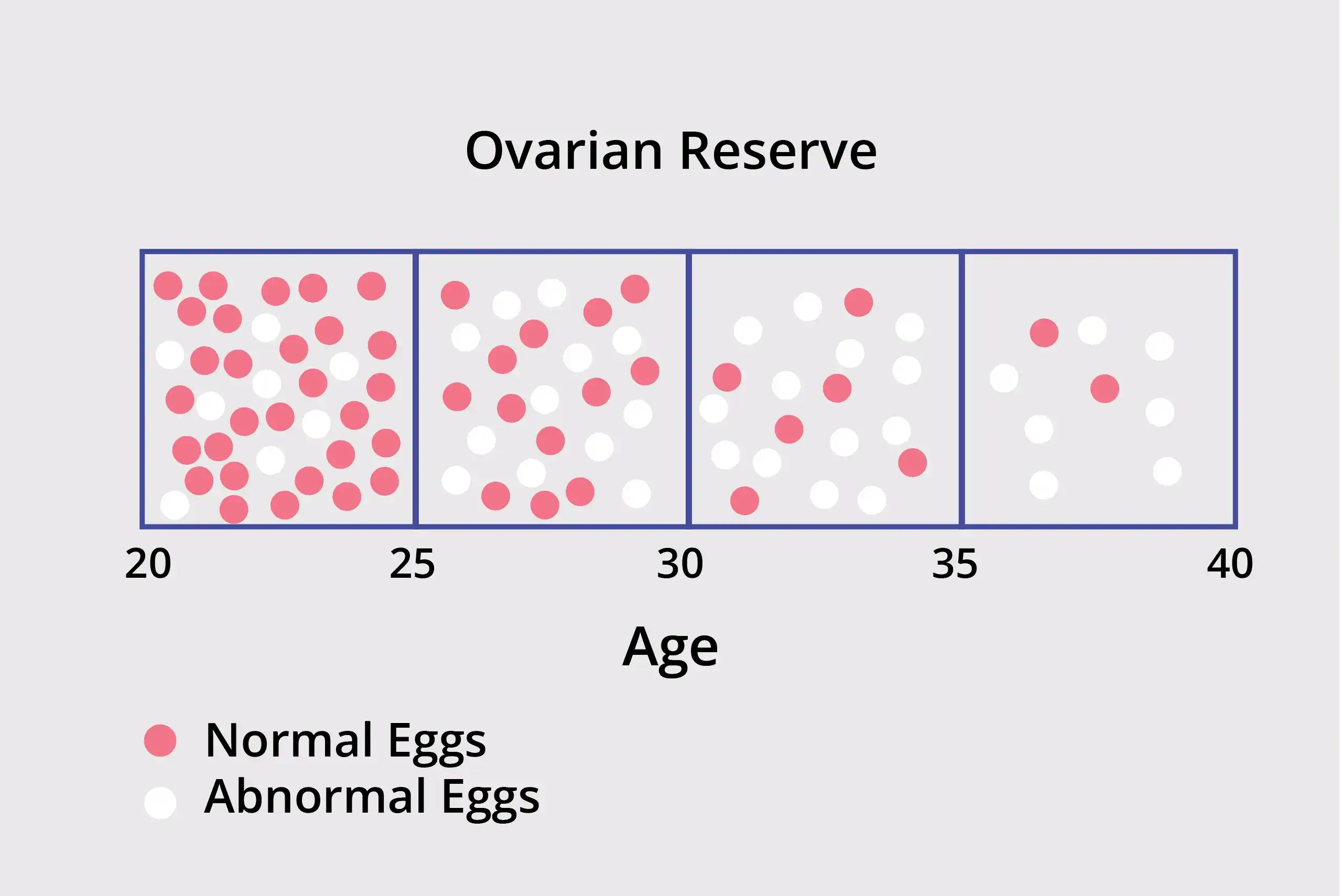
Egg Freezing is Affordable

Secure your fertility without the financial strain. Our affordable egg freezing option offers transparent pricing and flexible payments, making it easier to plan for tomorrow on your terms. More time, more choices, more control —all within reach .
What’s more we have made it very simple and hassle-free. One time booking and you need not renew every year , until next 5 years all taken care of in one go. Connect more with our team .
Who Can Benefit from Egg Freezing
Egg freezing is a practical option for many women, particularly those facing specific life circumstances.
- Young Professionals: Women in their late 20s or early 30s who are prioritizing career development or education often opt for egg freezing to preserve their fertility for future family planning.
- Cancer Patients: Women undergoing treatments like chemotherapy, which can impact fertility, are encouraged to consider egg freezing beforehand. It’s essential to discuss this with healthcare providers early.
- Women with Endometriosis: Endometriosis can affect fertility over time. The American Society for Reproductive Medicine (ASRM) recommends early intervention to explore options like egg freezing.
- Genetic predisposition or Family History of Early Menopause: Women with a family history of early menopause may choose to freeze their eggs to ensure they have viable eggs for future use.
- Women Considering IVF: Women planning to undergo IVF may choose to freeze eggs to increase their chances of success.

Egg Freezing Process
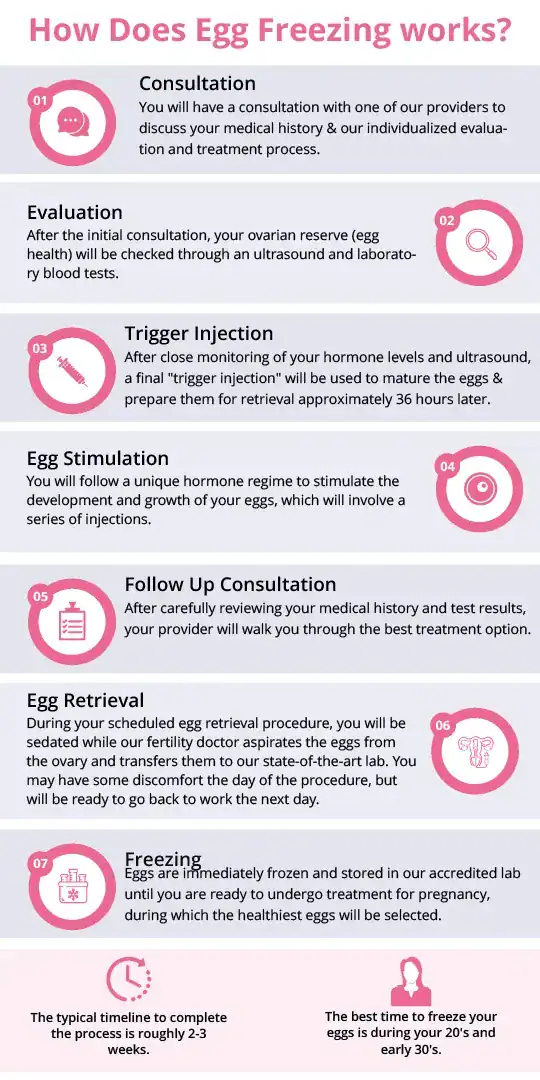
Step 1: Fertility Testing and Assessment
Your journey begins with a consultation to discuss your medical history and fertility goals. On the third day of your menstrual cycle, blood tests will be conducted to check your hormone levels and assess your ovarian reserve. A vaginal ultrasound will also help identify structural issues and estimate how many eggs can be retrieved. Using this information, your doctor will create a personalized treatment plan.
- Time Commitment: 1-2 clinic visits over a few days.
Your journey begins with a meeting with your fertility doctor, where you’ll discuss your medical history and what you hope to achieve. On the third day of your period, you’ll have some blood tests to check your hormone levels. These tests help determine your current fertility status, also known as your “ovarian reserve.” A vaginal ultrasound will also be done to check for any structural issues and to estimate how many eggs can be retrieved. With this information, your doctor will create a personalized treatment plan just for you.
Step 2: Ovarian Stimulation
During this phase, hormone injections are administered over 10–14 days to encourage your ovaries to produce multiple eggs. Your doctor will monitor progress through regular ultrasounds and blood tests, adjusting medication as needed. Once the eggs are ready, a “trigger shot” is given to prepare them for retrieval.
- Lifestyle Adjustments: Avoid vigorous exercise, limit alcohol and caffeine, and follow your doctor’s guidance to ensure optimal results.
- Symptoms: You may experience mild fatigue, bloating, cramping, or mood swings—similar to a regular menstrual cycle.
- Time Commitment: 4-6 monitoring visits over two weeks.
Step 3: Egg Retrieval
Approximately 35 hours after the trigger shot, the eggs are retrieved in a minor outpatient procedure. Under anesthesia, a fine needle guided by ultrasound is used to collect the eggs from your ovaries. The procedure takes about 3-4 hours at the clinic, including preparation and recovery.
- Recovery: You’ll need someone to drive you home, and most people return to work within 24-48 hours. It’s normal to feel mild cramping or bloating for a few days.
- Time Commitment: 1 day.
Step 4: Egg Freezing
The retrieved eggs are immediately frozen using vitrification, a rapid cooling process that preserves their quality. The embryologist will update you on how many mature, healthy eggs have been stored safely for future use.
What Happens After Egg Freezing?
Once your eggs are frozen, they are safely stored in a secure facility until you’re ready to use them. Your eggs remain in a frozen state indefinitely, as vitrification technology allows eggs to
Fertilization and Embryo Development
- Thawing: When you’re ready to proceed with pregnancy, the frozen eggs are carefully thawed using a precise warming process. The goal is to ensure as many eggs as possible survive the thawing process.
- Fertilization: Each egg is combined with sperm through a process called ICSI (Intracytoplasmic Sperm Injection), where a single sperm is injected directly into an egg to increase the chances of fertilization.
- Embryo Development: Once fertilized, the embryos are monitored for growth in a lab for about 3-5 days, reaching the blastocyst stage. At this point, they are ready for transfer.
Embryo Transfer
- Preparation for Transfer: To prepare your body for transfer, you may be prescribed hormone medications to thicken the uterine lining.
- Embryo Transfer: The embryo is transferred into your uterus using a soft, thin catheter under ultrasound guidance. This is a non-invasive, pain-free procedure that requires no anesthesia.
- Post-Transfer Monitoring: After the transfer, you’ll be advised to rest and avoid strenuous activities. You may be asked to return to the clinic for a pregnancy test approximately 10-14 days later to confirm if implantation was successful.

Egg Freezing Facts
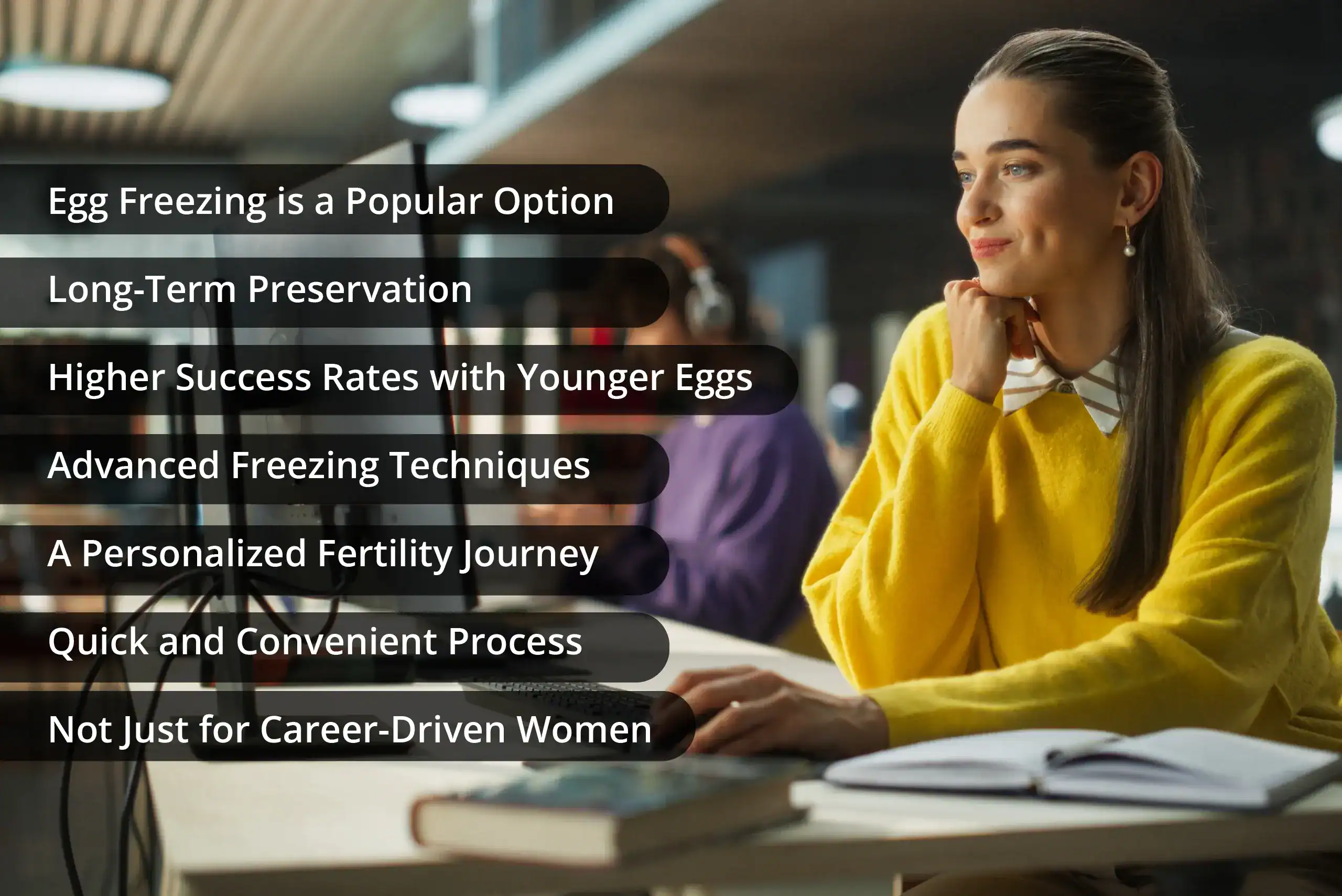
Egg Freezing is a Popular Option: Women are increasingly choosing to freeze their eggs to preserve fertility and plan for the future . Many celebrities have chosen egg freezing in the last few years.
Long-Term Preservation: Eggs can be stored for many years without a significant loss in quality, providing flexibility for future family planning.
Higher Success Rates with Younger Eggs: Freezing eggs in your 20s or early 30s offers the best chances for future use.
Advanced Freezing Techniques: Vitrification, a modern freezing method, ensures better preservation of eggs for later use.
A Personalized Fertility Journey: Egg freezing gives women control over their fertility journey, offering the flexibility to start a family later on their own terms.
Quick and Convenient Process: Egg retrieval takes around 10-14 days, allowing women to return to daily life soon after
Not Just for Career-Driven Women: Many women choose to freeze eggs for medical reasons, including genetic disorders or other health conditions that may affect fertility later.
Why Choose Us
Choosing the right fertility clinic is crucial for starting your family. At Birla Fertility & IVF, we offer personalised care with expert specialists guiding you every step of the way. Our advanced labs and outstanding success rates have helped over 2,30,000 patients achieve their dream of parenthood.
Frequently Asked Questions
Recent Blogs
Book an appointment
Hassle-Free Appointment Booking
Select Preferences
I know my doctor
Egg Freezing Cost in Different Cities
- Egg Freezing Cost in New Town Kolkata
- Egg Freezing Cost in Gachibowli
- Egg Freezing Cost in Jalandhar
- Egg Freezing Cost in India
- Egg Freezing Cost in Kozhikode
- Egg Freezing Cost in Bangalore
- Egg Freezing Cost in Thrissur
- Egg Freezing Cost in Bhopal
- Egg Freezing Cost in Bhubaneswar
- Egg Freezing Cost in Nagpur
- Egg Freezing Cost in Meerut
- Egg Freezing Cost in Kannur
- Egg Freezing Cost in Cuttack
- Egg Freezing Cost in Rewari
- Egg Freezing Cost in Patna
- Egg Freezing Cost in Kolar
- Egg Freezing Cost in Siliguri
- Egg Freezing Cost in Perinthalmanna
- Egg Freezing Cost in Chennai
- Egg Freezing Cost in Mumbai
- Egg Freezing Cost in Vijayapura
- Egg Freezing Cost in Salem
- Egg Freezing Cost in Palakkad
- Egg Freezing Cost in Gurgaon
- Egg Freezing Cost in Mangalore
- Egg Freezing Cost in Indore
- Egg Freezing Cost in Hyderabad
- Egg Freezing Cost in Jaipur
- Egg Freezing Cost in Raipur
- Egg Freezing Cost in Guwahati
- Egg Freezing Cost in Chandigarh
- Egg Freezing Cost in Ahmedabad
- Egg Freezing Cost in Ranchi
- Egg Freezing Cost in Surat
- Egg Freezing Cost in Howrah
- Egg Freezing Cost in Allahabad
- Egg Freezing Cost in Kolkata
- Egg Freezing Cost in Gorakhpur
- Egg Freezing Cost in Lucknow
- Egg Freezing Cost in Varanasi
- Egg Freezing Cost in Noida
- Egg Freezing Cost in Delhi
Egg Freezing Treatment in Different Cities
- Egg Freezing in Jalandhar
- Egg Freezing in Perinthalmanna
- Egg Freezing in Thrissur
- Egg Freezing in Palakkad
- Egg Freezing in Kannur
- Egg Freezing in Kozhikode
- Egg Freezing in Ranchi
- Egg Freezing in Patna
- Egg Freezing in Varanasi
- Egg Freezing in Gorakhpur
- Egg Freezing in Meerut
- Egg Freezing in Prayagraj
- Egg Freezing in Kolar
- Egg Freezing in Salem
- Egg Freezing in Vijayapura
- Egg Freezing in Nagpur
- Egg Freezing in Raipur
- Egg Freezing in Rewari
- Egg Freezing in Jaipur
- Egg Freezing in Guwahati
- Egg Freezing in Siliguri
- Egg Freezing in Howrah
- Egg Freezing in Indore
- Egg Freezing in Bhopal
- Egg Freezing in Bhubaneswar
- Egg Freezing in Cuttack
- Egg Freezing in Surat
- Egg Freezing in Ahmedabad
- Egg Freezing in Mangalore
- Egg Freezing in Chandigarh
- Egg Freezing in Hyderabad
- Egg Freezing in Lucknow
- Egg Freezing in Bangalore
- Egg Freezing in Chennai
- Egg Freezing in Mumbai
- Egg Freezing in Kolkata
- Egg Freezing in Noida
- Egg Freezing in Gurgaon
- Egg Freezing in Delhi
Egg Freezing Doctors in Different Cities
- Best Doctor for Egg Freezing Doctor in Prayagraj
- Best Doctor for Egg Freezing in Jalandhar
- Best Doctor for Egg Freezing in Perinthalmanna
- Best Doctor for Egg Freezing in Thrissur
- Best Doctor for Egg Freezing in Palakkad
- Best Doctor for Egg Freezing in Kannur
- Best Doctor for Egg Freezing in Kozhikode
- Best Doctor for Egg Freezing in Ranchi
- Best Doctor for Egg Freezing in Patna
- Best Doctor for Egg Freezing in Varanasi
- Best Doctor for Egg Freezing in Gorakhpur
- Best Doctor for Egg Freezing in Meerut
- Best Doctor for Egg Freezing in Kolar
- Best Doctor for Egg Freezing in Salem
- Best Doctor for Egg Freezing in Vijayapura
- Best Doctor for Egg Freezing in Nagpur
- Best Doctor for Egg Freezing in Raipur
- Best Doctor for Egg Freezing in Rewari
- Best Doctor for Egg Freezing in Jaipur
- Best Doctor for Egg Freezing in Guwahati
- Best Doctor for Egg Freezing in Siliguri
- Best Doctor for Egg Freezing in Howrah
- Best Doctor for Egg Freezing in Indore
- Best Doctor for Egg Freezing in Bhopal
- Best Doctor for Egg Freezing in Bhubaneswar
- Best Doctor for Egg Freezing in Cuttack
- Best Doctor for Egg Freezing in Surat
- Best Doctor for Egg Freezing in Ahmedabad
- Best Doctor for Egg Freezing in Mangalore
- Best Doctor for Egg Freezing in Chandigarh
- Best Doctor for Egg Freezing in Hyderabad
- Best Doctor for Egg Freezing in Lucknow
- Best Doctor for Egg Freezing in Bangalore
- Best Doctor for Egg Freezing in Chennai
- Best Doctor for Egg Freezing in Mumbai
- Best Doctor for Egg Freezing in Kolkata
- Best Doctor for Egg Freezing in Noida
- Best Doctor for Egg Freezing in Gurgaon
- Best Doctor for Egg Freezing Doctor in Delhi

 Our Centers
Our Centers
















